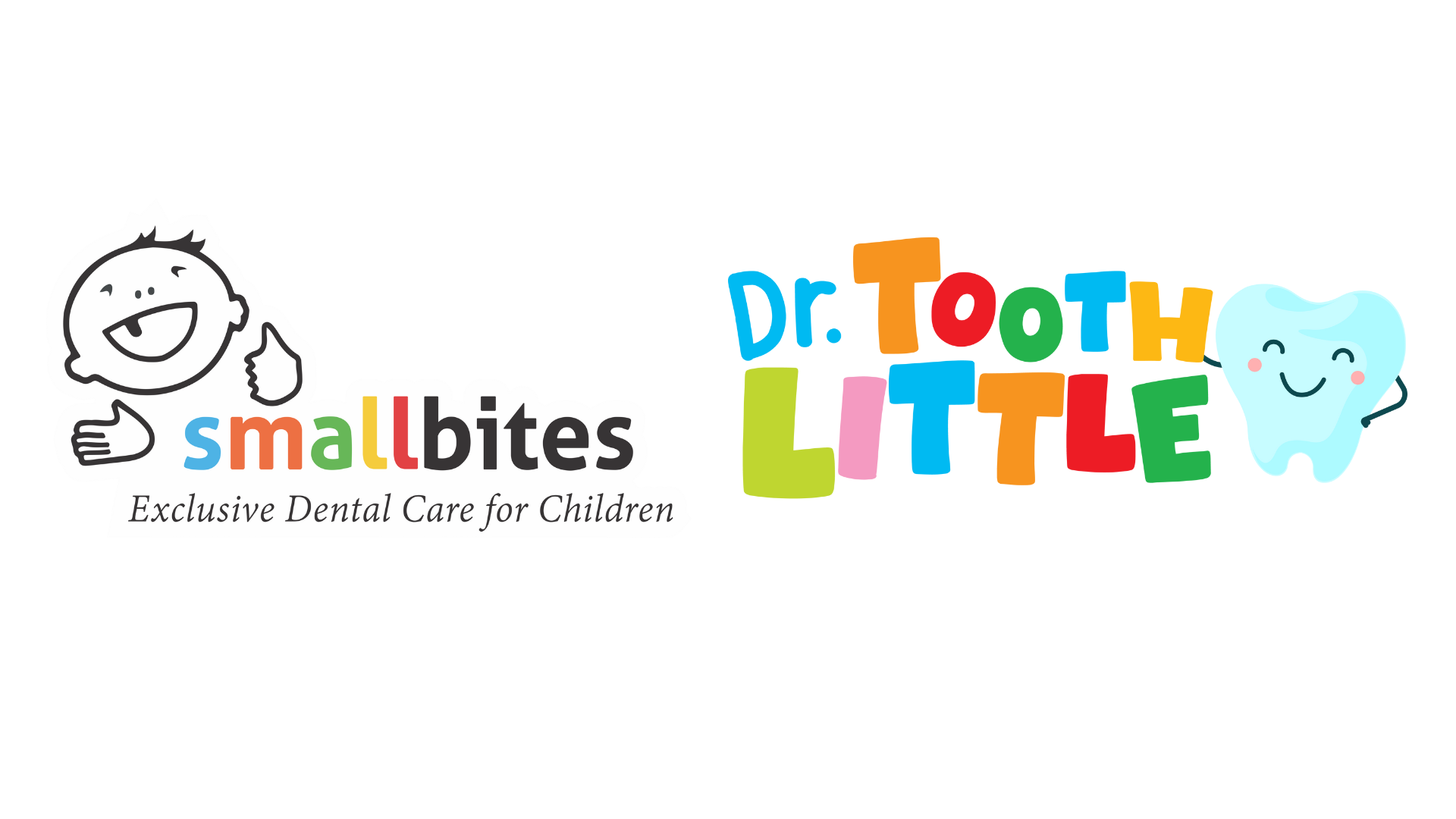Babies grow tremendously during the first five years of life – physically, emotionally but mainly intellectually. This growth is very important because it shapes their values, emotional quotient, happiness and learning throughout life. Children therefore need a lot of love, care and nurturing to help them develop properly. Although we often assume that kids that small don’t understand much, studies have proved time and again how the first years of life are often remembered by children and as they grow, lend to the personality they eventually become.
During the early years, children are hungry to learn and we must present them with as many opportunities as possible. Fortunately for us, most of these activities involve play. According to most child psychologists and occupational therapists, below are a few activities that children need to be engaged with.
GROSS MOTOR SKILL DEVELOPMENT
Sedentary children are those who will have delayed gross motor skill activity. It is a must to ensure they move their limbs frequently. Activities that encourage them to be physically active including running, climbing, jumping keep them active. Let them swing, climb obstacles, roll over and crawl under tables. This keep them active and continuously engaged.
FINE MOTOR SKILL DEVELOPMENT
Fine motor skills needs a discerning level of movement, and this is to do with their finger movement. Fingers can be kept dexterous and supple by getting children to play with sand, dough, opening lids, screwing caps on bottles, putting button in their holes and closing jars. Even if this takes long to master, doing it repeatedly will help in fine motor movement.
LANGUAGE DEVELOPMENT
Language development and vocabulary begin early, even though as parents we may not be aware of it. Reading to children is the best way to develop this. Children learn about shapes, colours, objects and eventually stories and contexts by being read to. Ask them questions as its done so they remember better.
SENSORY DEVELOPMENT
Toys aren’t just things they play with, but teach a lot subtly. Colors, textures and feeling are all that they get to learn and be aware of. Since children are still learning about spatial awareness and the sense of their bodies, everything helps them grasp it better. Children who lack sensory awareness often have difficulty processing food textures, struggle with focus and concentration.
SOCIAL DEVELOPMENT
While physical development does happen in toddlers, its the emotional development that also must take place side by side. Children aren’t alike, and while some of them engage with other kids easily, some don’t. Getting children to interact with others in parks, malls and play dates are great ways to make them more social.
VISUAL PROCESSING
Today’s kids are very quick in their analytical capabilities. Exposure to phones and tabs makes them solve puzzles easily. However, it is as important to do this in the real world. Negotiating the aspects of putting together and solving puzzles, feeling their edges and piecing them as a whole, are all attempts at visual processing which must start early.
MUSICALLY INCLINED
Music is often considered as a great part of early development, but plenty of research has found how impactful it can be. Musical instruction accelerates brain development especuially in those areas that process speech, reading and sound. Early music exposure is best for kids even though it might only be singing rhymes and clapping hands.
As simple and as basic as they might sound, the above needs to start really early to ensure your children are dev

